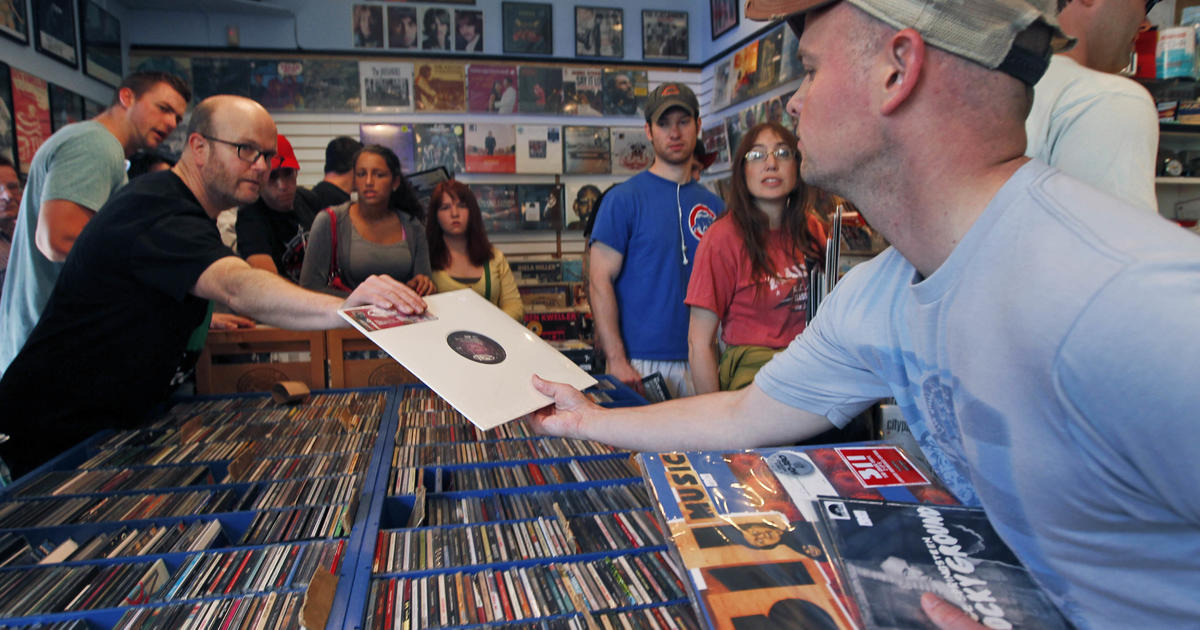Better Business Bureau Releases Report On Riskiest Scams
PHILADELPHIA (CBS) -- Whether it's a phishing email or a hacked computer, con artists love using technology to rip people off. But a new report from the Better Business Bureau finds the riskiest scams are often very low-tech.
Last year, Iraq war veteran Peter Webster hired a contractor to renovate his home. He handed over a deposit of nearly $14,000. But the contractor only did a little work, then disappeared -- keeping the deposit.
"You know, the monies that we had to finish the home," Webster said, "and now we're kind of back to square one with nothing."
Emma Fletcher from the Better Business Bureau co-authored a new report on the riskiest scams and found home improvement cons are number one.
"The truth is this can happen to anyone," Fletcher said.
READ: New Technology Helping Reduce Emergency Response Times
Other top rip-offs include employment scams and fake check scams, also known as overpayment scams which almost cost Jordan Lyle hundreds.
Last year she went online searching for work as a nanny. A single mother responded to her post, sending a picture of a woman with her child and offering to pay $19,000 up front.
"She said, 'I need you to take out the money and then go deposit it into another bank,'" Lyle said. "And that's where I thought 'this is weird,'"
READ: Cats Rescued From Shelters Used To Help Businesses With Rodent Control
Here's how an over payment scam works.
A con artist sends a check for $1,000, asks the victim to deposit it, keep $200 for themselves and wire $800 back to the scammer. A few days later, the bank realizes the check is a fake and now the victim is on the hook for the full $1,000.
"Just because a check has cleared doesn't mean you're in the clear," Fletcher warned. "It can come up as a fake and you'll be out the money."
Fortunately, Lyle became suspicious and never sent any money.
While the Better Business Bureau says anyone can fall victim to a scam -- they also find people between ages 18 and 24 are most likely to lose money as a result of a scam.



